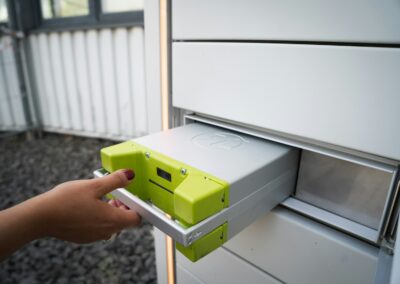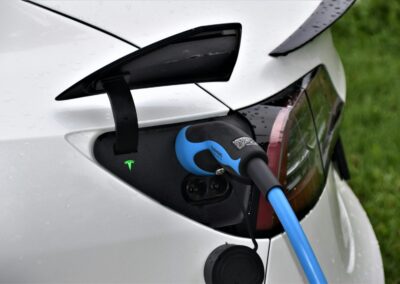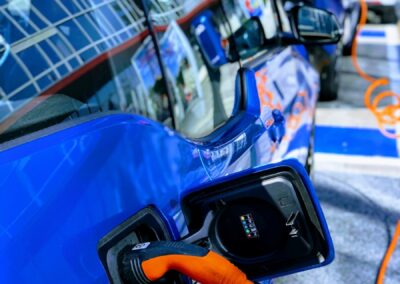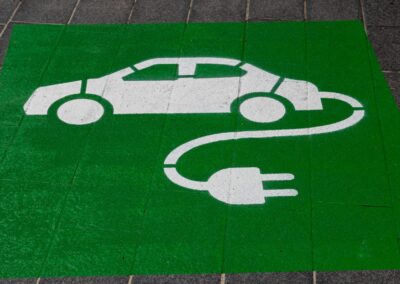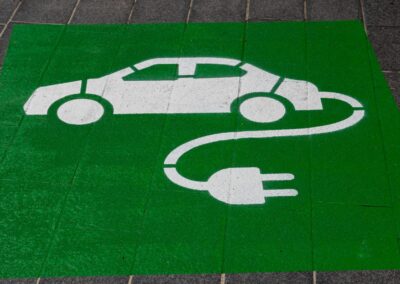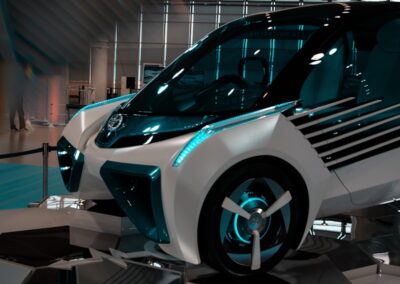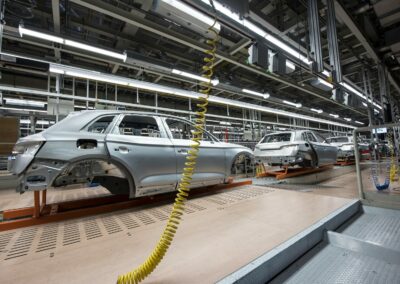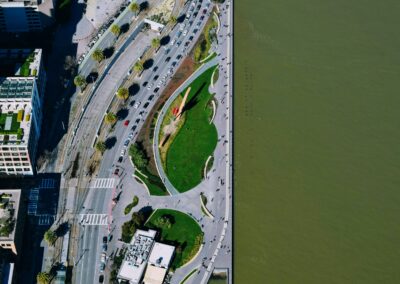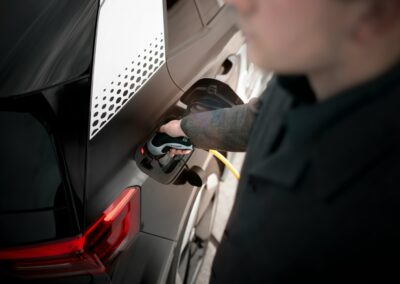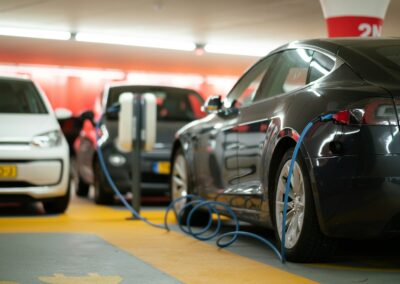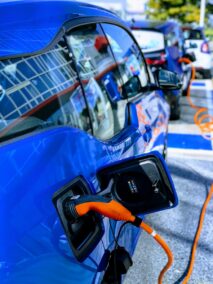Strategic Urban Planning for Sustainable Mobility
Urban planning and transportation policies play a pivotal role in maximizing the environmental benefits of electric vehicles (EVs), particularly in forward-thinking regions like Saudi Arabia and the UAE. Strategic urban planning involves the deliberate integration of EV infrastructure into the urban landscape, ensuring that charging stations are readily accessible across cities like Riyadh and Dubai. This not only encourages the adoption of EVs but also reduces the dependency on fossil fuel-powered vehicles, contributing to lower emissions and improved air quality.
In cities like Riyadh and Dubai, urban planners are tasked with designing EV-friendly environments. This includes the development of mixed-use neighborhoods where residential, commercial, and recreational spaces are seamlessly connected. By reducing the need for long commutes, these planning strategies support the use of EVs and decrease overall vehicle emissions. Moreover, the integration of public transportation with EV infrastructure, such as electric buses and shared mobility services, can further enhance sustainable urban mobility.
Furthermore, urban planning must consider the future scalability of EV infrastructure. As the adoption of electric vehicles increases, the demand for charging stations will grow. Planning for this future demand is crucial to prevent infrastructure bottlenecks and ensure that the environmental benefits of EVs are fully realized. By anticipating the growth of the EV market and proactively developing supportive infrastructure, cities like Riyadh and Dubai can lead the way in sustainable urban development.
Implementing Effective Transportation Policies
Effective transportation policies are essential for supporting the environmental benefits of electric vehicles. In Saudi Arabia and the UAE, governments can implement a range of policies to promote the adoption of EVs and reduce emissions from traditional vehicles. These policies can include financial incentives such as subsidies, tax breaks, and reduced registration fees for EV owners. By lowering the cost of ownership, these incentives make EVs more attractive to consumers and accelerate their adoption.
Another critical policy area is the establishment of low-emission zones and congestion pricing in urban centers. By restricting access to certain areas for high-emission vehicles, governments can encourage the use of electric vehicles and reduce urban pollution. In cities like Riyadh and Dubai, where traffic congestion and air quality are significant concerns, such policies can lead to substantial environmental and public health benefits.
Additionally, transportation policies should focus on integrating renewable energy sources into the EV charging infrastructure. By ensuring that the electricity used to charge EVs comes from solar, wind, or other renewable sources, cities can further reduce their carbon footprint. This approach aligns with the sustainability goals of Saudi Arabia and the UAE, supporting their commitment to green energy and environmental conservation.
Leveraging Technology for Sustainable Urban Mobility
The adoption of advanced technologies such as Artificial Intelligence (AI) and Blockchain can enhance the effectiveness of urban planning and transportation policies in supporting EVs. AI can optimize traffic management, reducing congestion and improving the efficiency of urban mobility. By analyzing traffic patterns and predicting peak usage times, AI can help cities like Riyadh and Dubai implement dynamic traffic control measures that prioritize EVs and reduce emissions.
Blockchain technology offers a secure and transparent platform for managing the energy transactions associated with EV charging. By providing a decentralized and tamper-proof record of transactions, Blockchain can enhance the trust and reliability of the EV charging network. This transparency is particularly important in regions like Saudi Arabia and the UAE, where energy security and transparency are paramount. Blockchain can also facilitate innovative solutions such as peer-to-peer energy trading, promoting the use of renewable energy sources and enhancing grid stability.
Moreover, the integration of smart sensors and Internet of Things (IoT) devices can provide real-time data on the usage and condition of EV infrastructure. This data can help urban planners and policymakers make informed decisions about the development and maintenance of EV infrastructure, ensuring that it meets the needs of users and supports sustainable urban mobility. In technologically advanced cities like Riyadh and Dubai, leveraging AI, Blockchain, and IoT can create a robust and future-proof EV ecosystem.
#UrbanPlanning #TransportationPolicies #ElectricVehicles #EnvironmentalBenefits #SaudiArabia #UAE #Riyadh #Dubai #AI #Blockchain #BusinessSuccess #ManagementConsulting #ExecutiveCoaching



